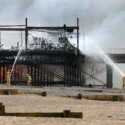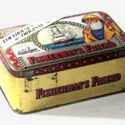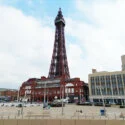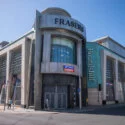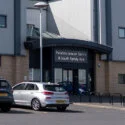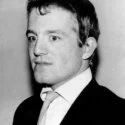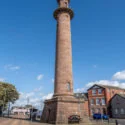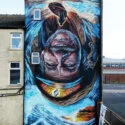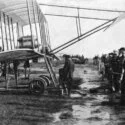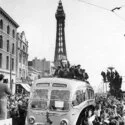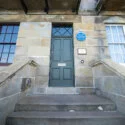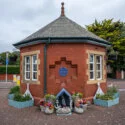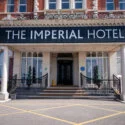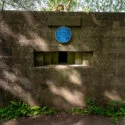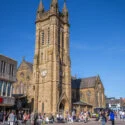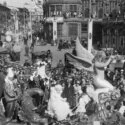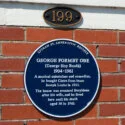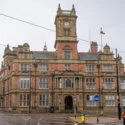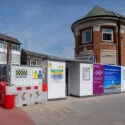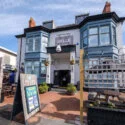Blackpool has been a popular seaside resort in Britain since the 1800s, known for its fun activities. It started as a small village by the sea and became a favourite summer destination in the 18th century. The town became more accessible in 1781 when Sir Henry Hoghton and Thomas Clifton built a private road to Blackpool. Then, in 1840, the construction of a railway helped Blackpool grow into a larger town and made it easier and cheaper to visit.
Where Did the Name Blackpool Come From?
The name “Blackpool” dates back to medieval times. In 1602, it was first mentioned as ‘Blackpoole’ in church records for the Bispham parish. The first house in the area, known as ‘Foxhall,’ was built nearby. Blackpool got its name from an old drainage channel that ran through a peat bog and flowed into the Irish Sea, turning the water black. This black pool of water was called ‘Le Pull’ because the peatlands made the water dark. Over time, ‘Black Poole’ changed to ‘Blackpool’. The stream that drained Marton Mere and Marton Moss into the sea was near what’s now ‘Manchester Square’. In the 15th century, the area was known as ‘Pul’. A map from 1532 refers to it as ‘the pole howsys alias the north howsys’.
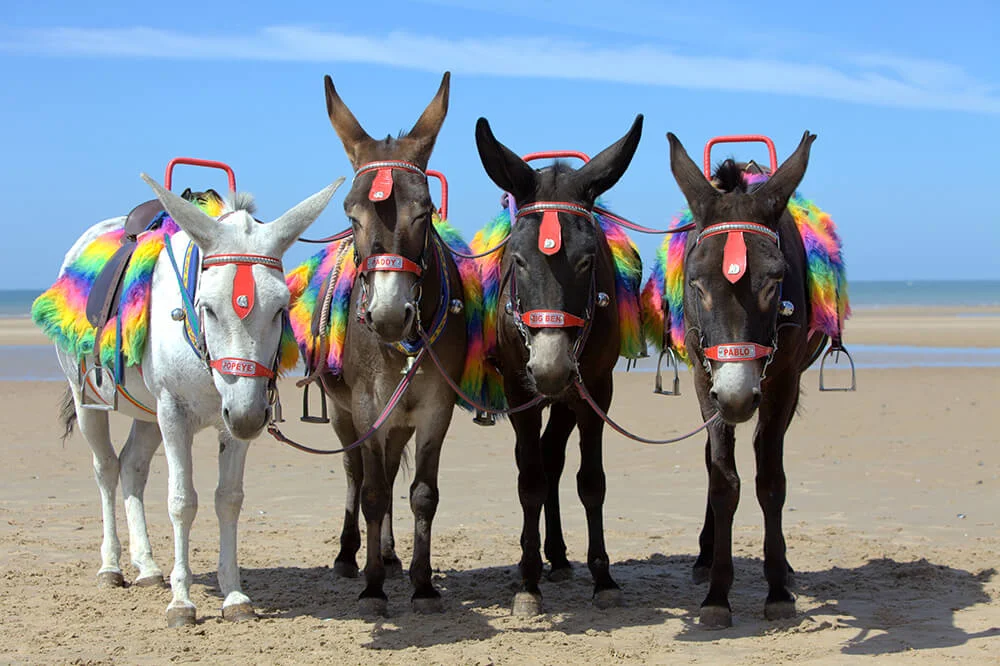
Text source: English Heritage’swebsite

